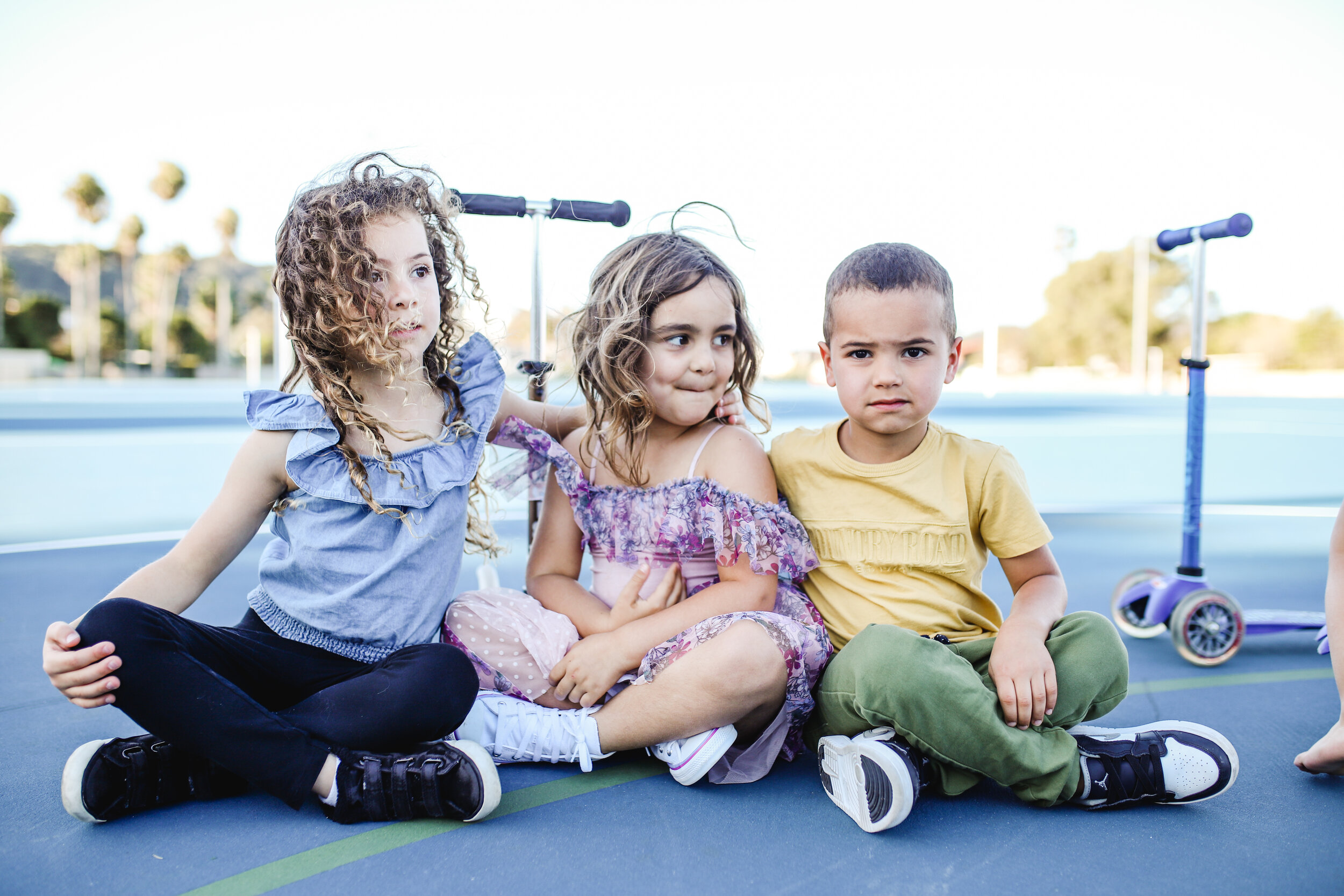Around the Table
At Belong Early Learning Cottage, we believe in providing children with meals that are both delicious and nutritious, sourcing local, organic and seasonal produce where we can! We view mealtimes as an opportunity for both education and connection. Educators will sit with the children during mealtimes and encourage sustained conversation, looking for opportunities to enrich children’s knowledge of cultural foods, food groups and nutritional information. We will encourage children to be mindful eaters, enjoying and appreciating the meals on offer.
Our menus are designed by a nutritionist according to the Australian Dietary Guidelines. Educators will be guided by “Get Up and Grow” (a resource by the Australian Government designed to assist early childhood services and educators to ensure children eat healthy foods and live healthy lifestyles). Educators will also embed the ideas and experiences from “Munch’n’Move”, a NSW Health initiative that supports healthy physical development in children 0-5 years.
The kitchen at Belong Early Learning Cottage has an open viewing window so the children can talk, assist and watch the chef as they work. Our chef will be informed in “Munch’n’Move” and “Stephanie Alexander’s Kitchen Garden Program” (see below) and will work alongside the children to encourage healthy eating and mindful tasting through intentional cooking experiences.
Further to all this, children will be encouraged to participate in gardening experiences, growing fresh produce to contribute to their meals. In doing so, children will develop deeper connections with their world and sustainable living practices. They will have the opportunity to understand the cycle of produce and the reciprocal nature of society through this process.
Resources: Get Up and Grow Munch’n’Move
Stephanie Alexanders Kitchen Garden Program
At Belong Early Learning Cottage, we embed the principles of Stephanie Alexander’s Kitchen Garden Program. Stephanie Alexander’s philosophy of pleasurable food education will help to guide our chef and educators in their approach to garden and kitchen experiences. According to Stephanie Alexander the recipe for effective food education is:
Pleasurable food education emphasises the flavours and health benefits of fresh, seasonal, delicious food.
Dishes cooked reflect the vegetables, herbs and fruits grown, season-by-season, by the children in their organic gardens, and also reflect the Australian Dietary Guidelines.
Kitchen educators emphasise balance and moderation and endorse the concept of preparing fruit-based desserts ‘sometimes-only’.
Pleasurable food education is designed to be fully integrated into the curriculum or learning framework. It offers infinite possibilities to reinforce literacy, numeracy, science, cultural studies and all aspects of environmental sustainability.
Pleasurable food education delivers observable social benefits to all children, including those with special needs.
Pleasurable food education encourages critical thinking, teamwork, an understanding of cause and effect, and increased levels of observation.

